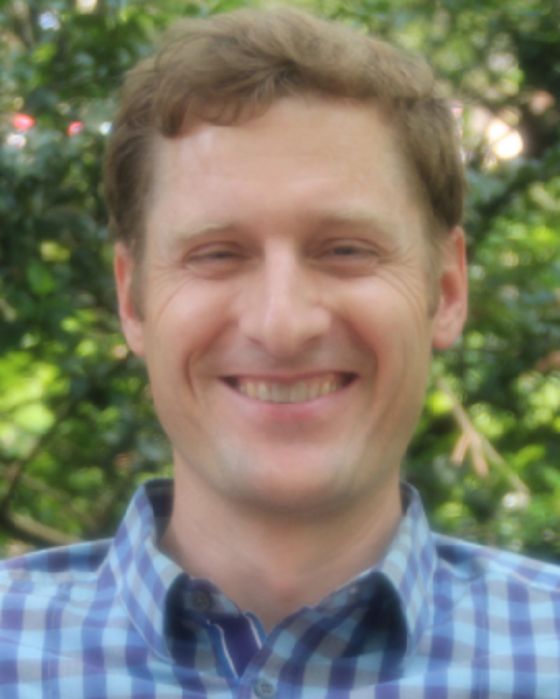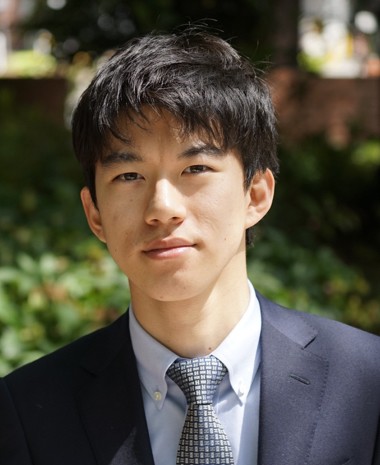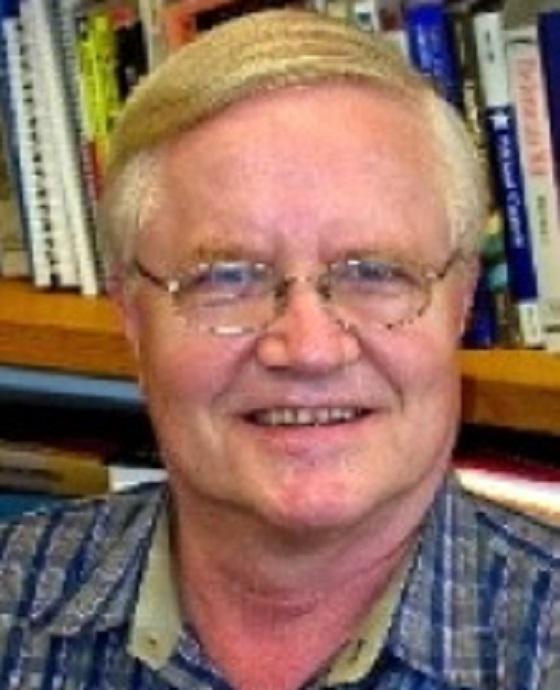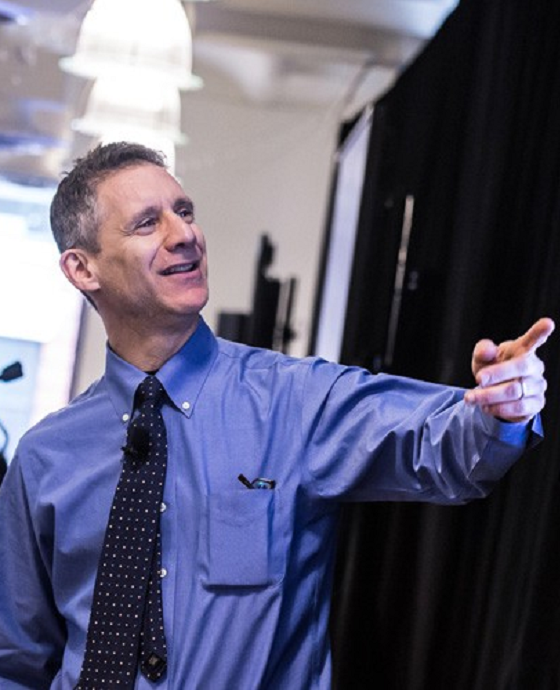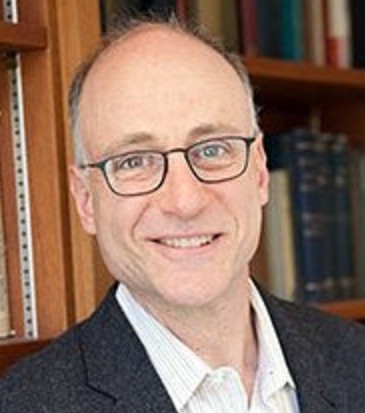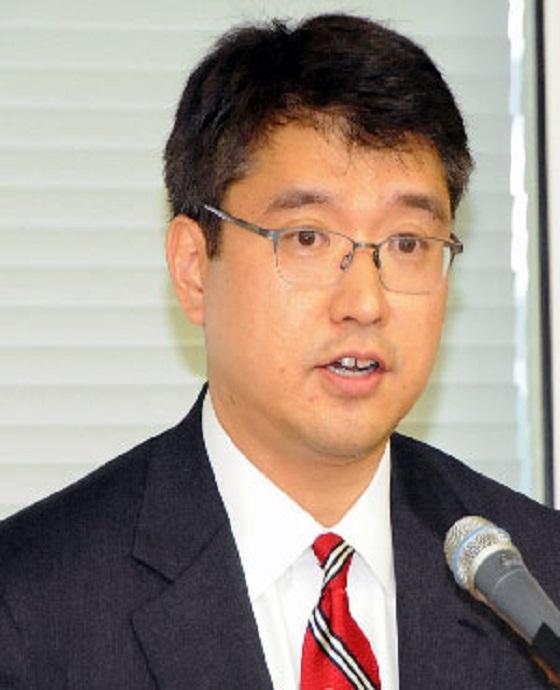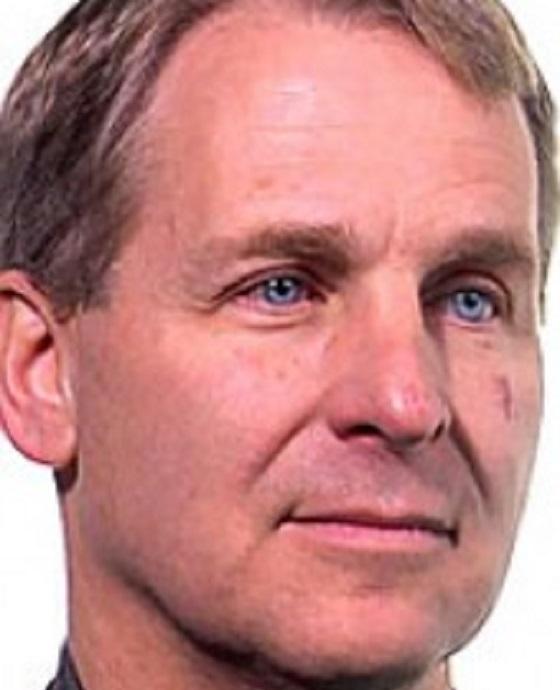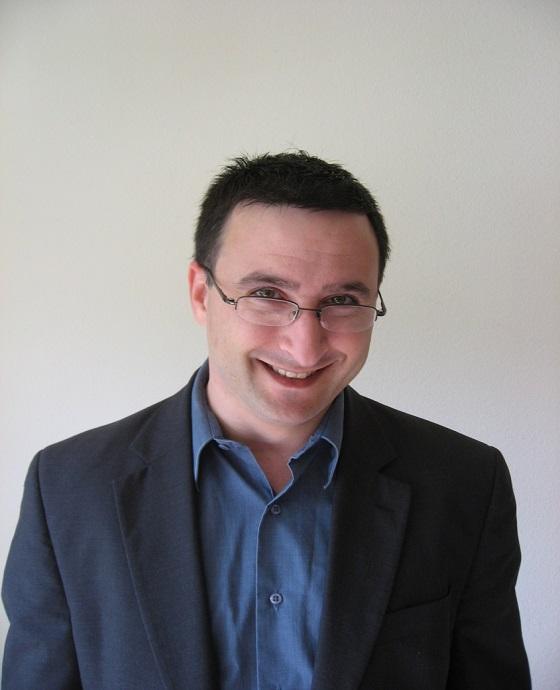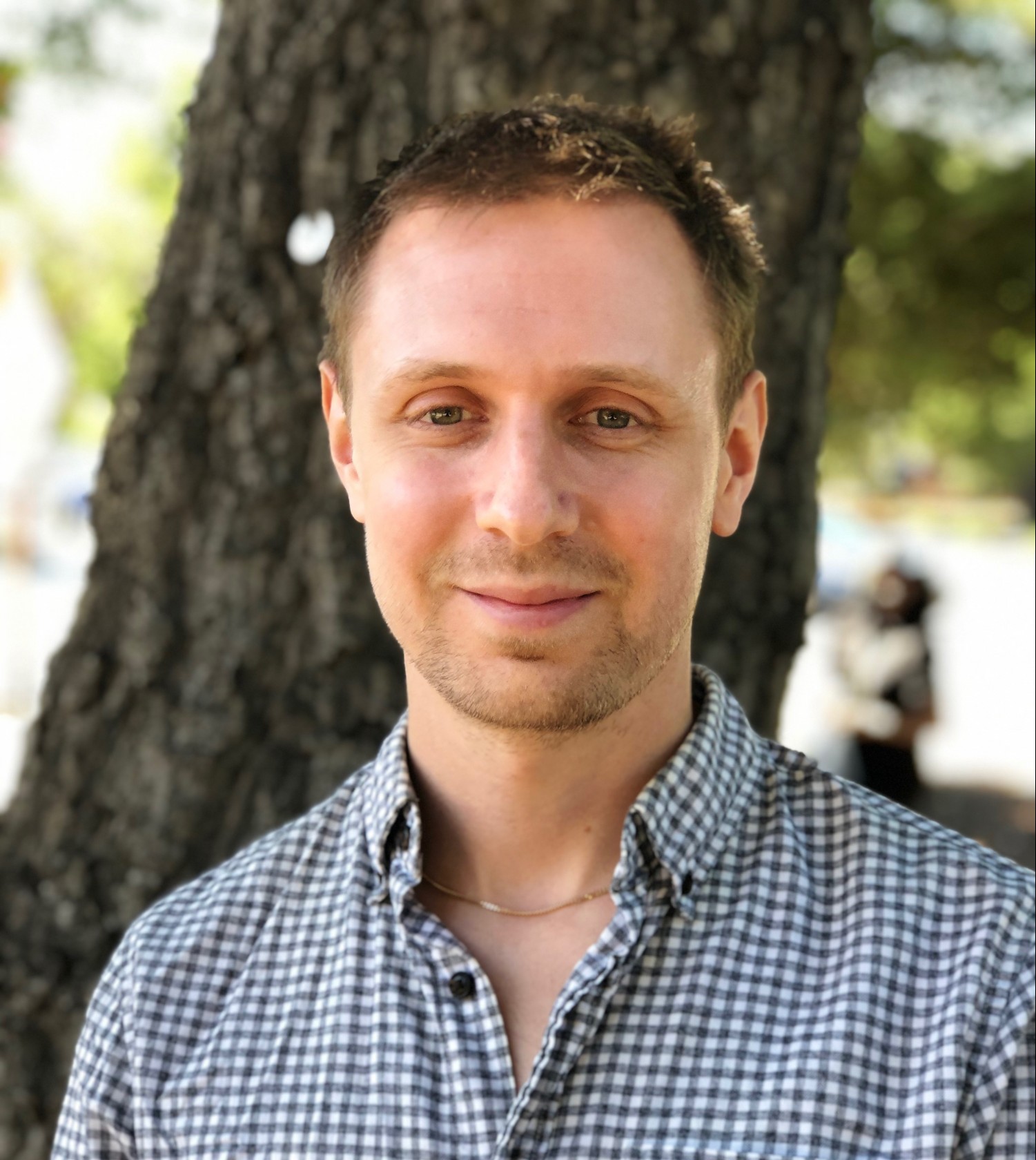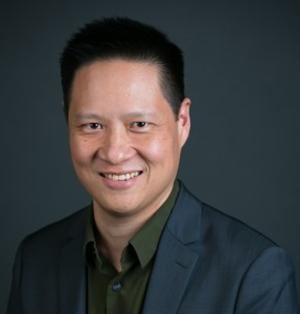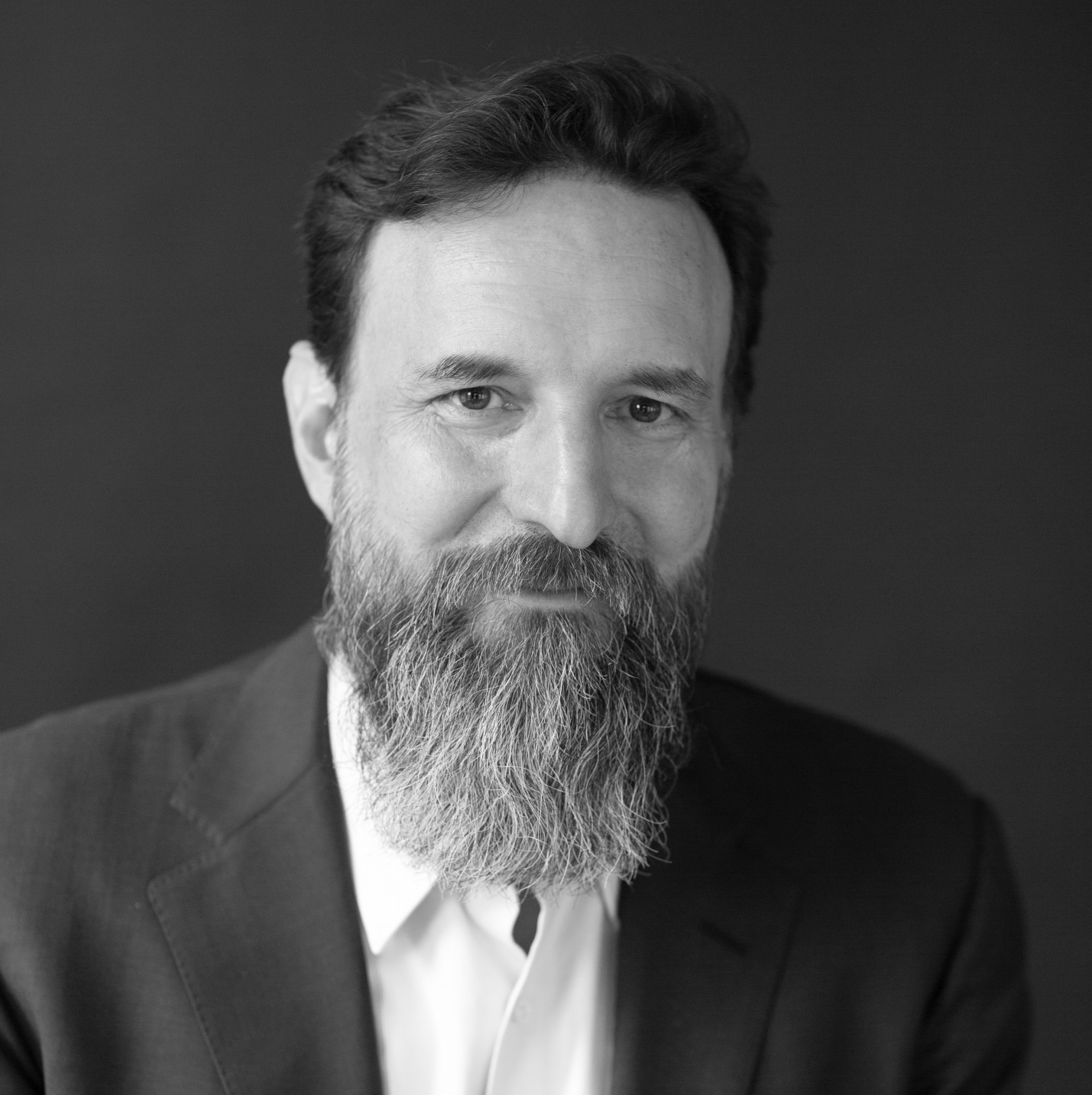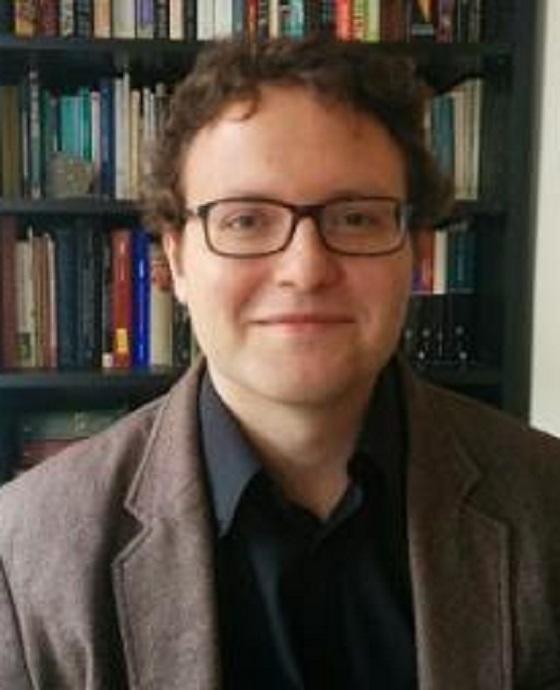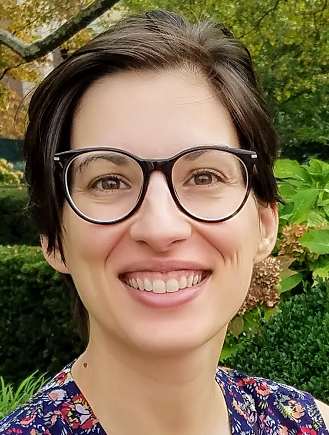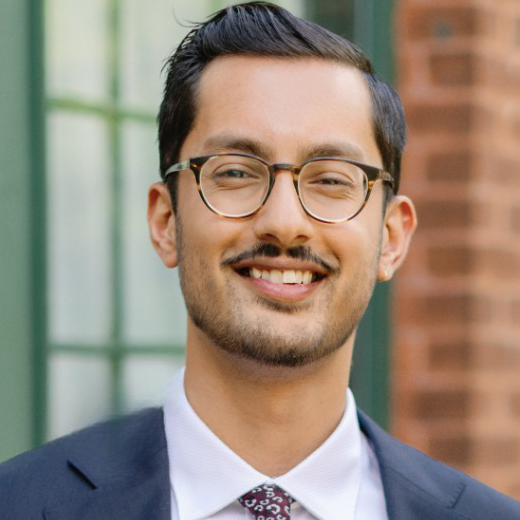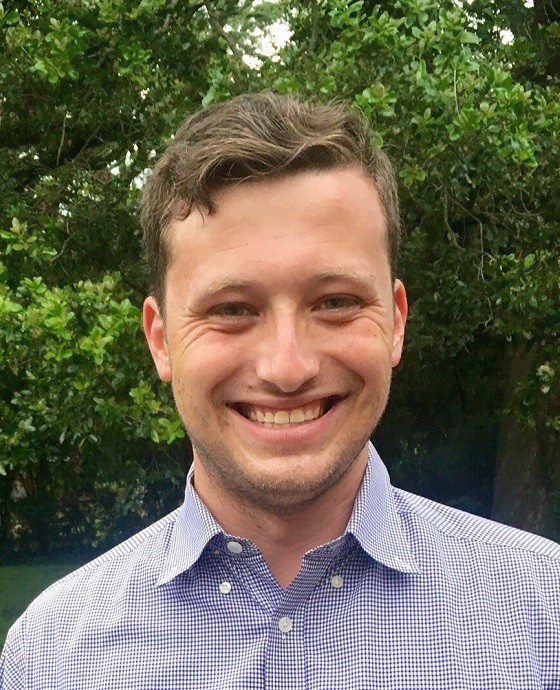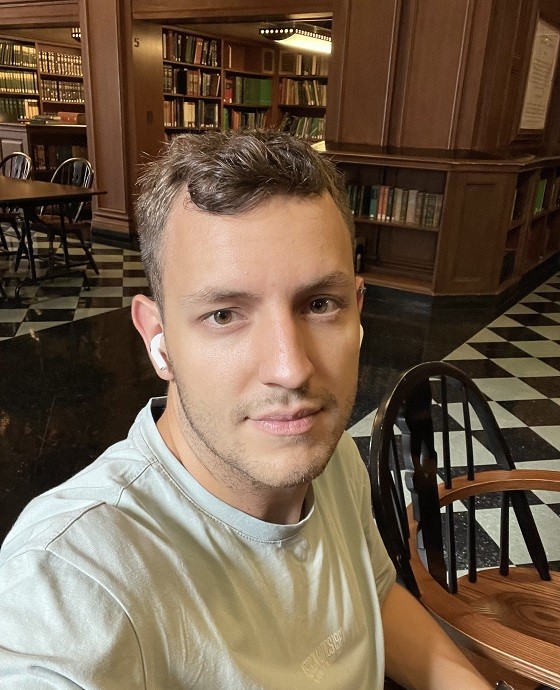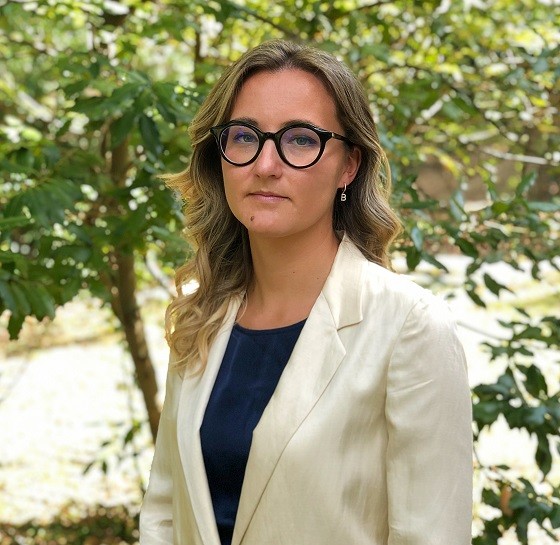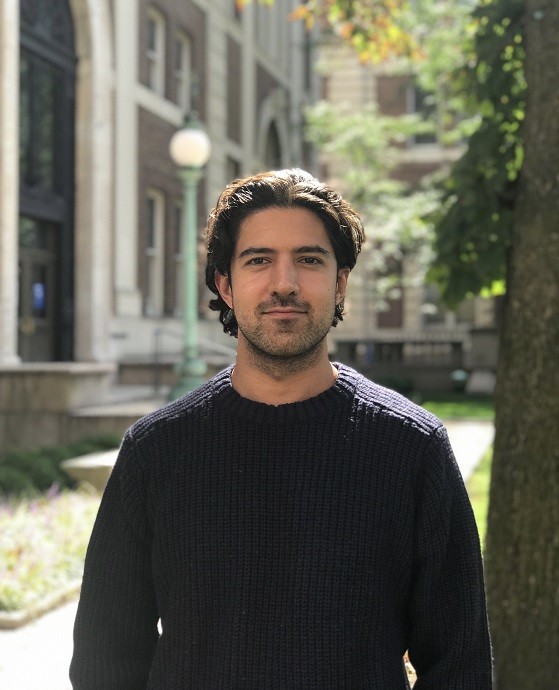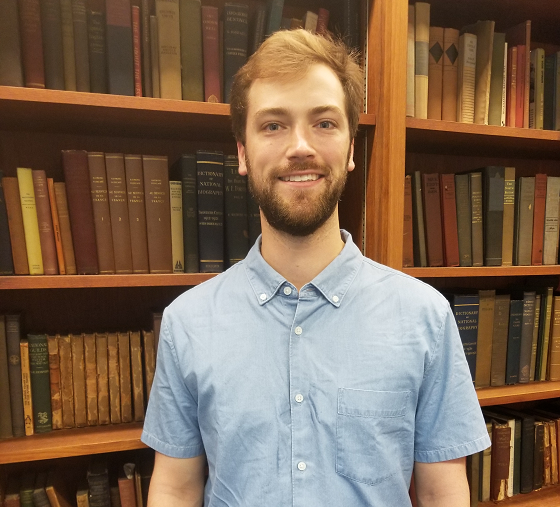In recent decades, political methodology has emerged as a distinct subfield of political science.
Political methodologists study existing statistical techniques and develop new ways to use statistics to estimate and identify political effects and make sense of political data. Their role in the discipline is similar to that of psychometricians and econometricians, whose main purpose is to understand the most efficient and accurate ways to design quantitative studies, fit models, and analyze data.
In the past, most political methodologists maintained a strong substantive focus in one of the traditional subfields while also working on questions of political methodology. Increasingly, however, political methodologists are less attached to a traditional subfield and focus primarily on improving the discipline's ability to fit quantitative models and learn from data.
The department is a leader in several areas of political methodology, including:
- Mathematical models of political institutions and collective behavior, often referred to as formal theory or game theory and applied to different areas in American and comparative politics, political economy, and international relations.
- The use of field experiments (real-world randomized clinical trials conducted in realistic settings) to study political outcomes. Scholars in the department have used field experiments to study issues such as political participation in the United States and dispute resolution in Africa.
- Survey research, including election polling and forecasting, state-level opinion and policy, time trends in political partisanship, and innovative data collection to study social networks and hard-to-reach populations.
- Causal inference, Bayesian and multilevel modeling, and statistical computing.
